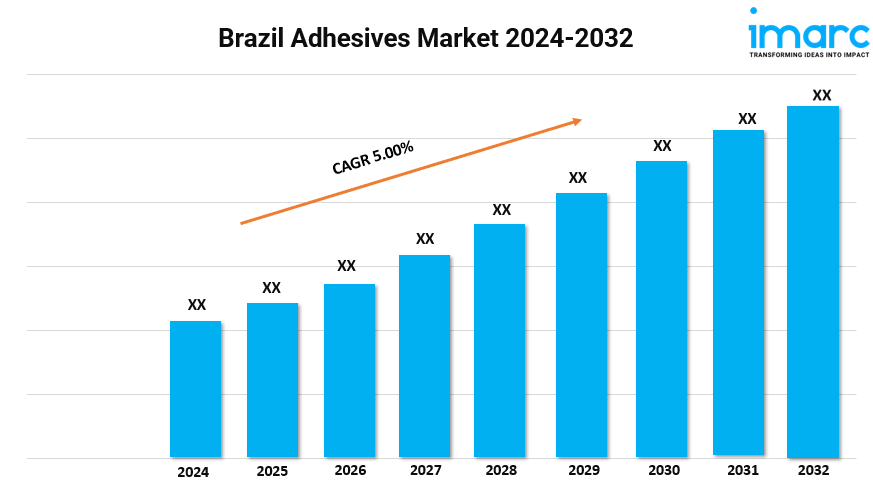
FRANKFURT (Reuters) -The ECB should abandon targeting headline inflation and focus instead on price growth in discretionary spending to protect the bloc's poorest, a paper to be presented to policymakers at the bank's preeminent research conference argued on Friday.
The ECB targets inflation at 2% and a soon-to-be-concluded review will not even discuss the definition of the target as policymakers have long argued that using a different measures, like underlying inflation, or figures incorporating housings costs, could sow confusion.
But the paper written for the ECB Forum on Central Banking in Sintra, Portugal next week argues that the current framework disproportionately hurts low income workers and leads to an inferior outcome for society.
The logic is that after an interest rate hike, discretionary spending contracts significantly more than needed, triggering a fall in labour demand in sectors producing discretionary goods and services.
"These sectors employ a larger share of low-income, hand-to-mouth workers, whose consumption is highly sensitive to income fluctuations," the paper agued.
Thus, the initial drop in discretionary spending cascades into a broader decline of overall demand, amplified by this impact on lower-income households.
"By targeting discretionary inflation, the central bank provides households with an incentive to smooth their discretionary spending; in turn, this ameliorates the negative employment effects on hand-to-mouth workers in discretionary industries," the paper argued.
Although this would lead to a more accommodative policy stance, stabilising discretionary spending inflation allows the economy to more effectively close the so-called output gap, or the difference between potential and actual output, the paper argued.
(Reporting by Balazs Koranyi; Editing by Toby Chopra)
The European Central Bank should revisit its inflation target as advised by researchers, in order to adapt policy measures more effectively according the evolving economic landscape.
The call for the ECB to reconsider its inflation target as advocated by researchers could markedly impact policy decisions, urgently suggesting a shift in strategy amid increasing concerns about long-term price stability and economic resilience.
To enhance the effectiveness of monetary policy and prevent economic overheating, researchers urge ECB to revisit its inflation target.
The researchers’ call for the ECB to adjust its inflation target underscores that current policy settings may be inadequate in today's economic climate, necessitating a shift towards more ambitious targets.
Sure, here's a possible comment based on the given sentence:
Experts advise ECB to alter its inflation target for better alignment with economic realities -- an adjustment advocated by researchers as key in guiding policymakers.
The current inflation target of the ECB should be reconsidered and revised towards mapping with evolving economic conditions, as recommended by researchers to realign policy frameworks for a more stable Eurozone monetary environment.
The call for the ECB to adjust its inflation target, echoing researcher' has a compelling rationale that policymakers must heed if they are committed towards strengthening price stability in Eurozone economies.
The report suggests that the ECB should consider revising its inflation target to better align with current economic conditions, according researchers who advise policymakers on financial stability.
Suggesting that the European Central Bank (ECB) should recalibrate its inflation target, as per recent studies presented to policymakers by researchers in an effort for more stable economic growth and price stability.
An urgent call from researchers: the ECB must adjust its inflation target to better align with economic realities, a move that they argue is imperative for effective policymaking.
ECB policymakers should heed the researchers' call to change their inflation target, considering that this could lead directly towards more stable and reliable financial growth for European economies in an uncertain global economic landscape.














